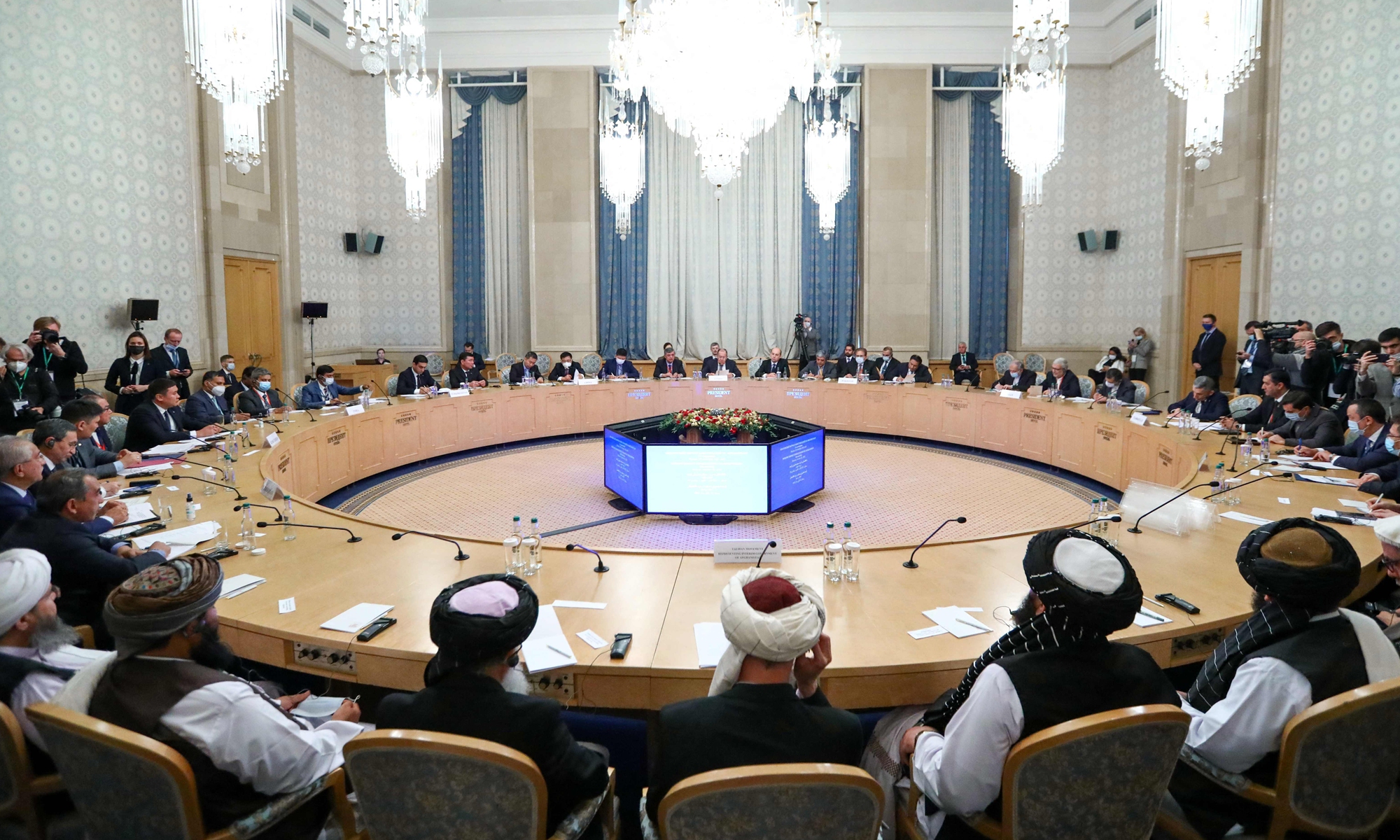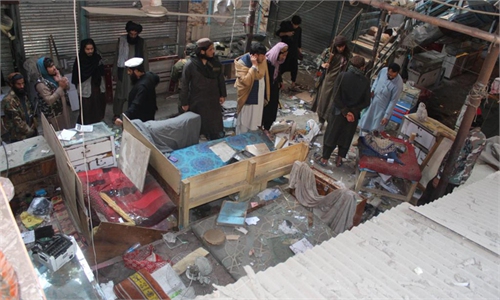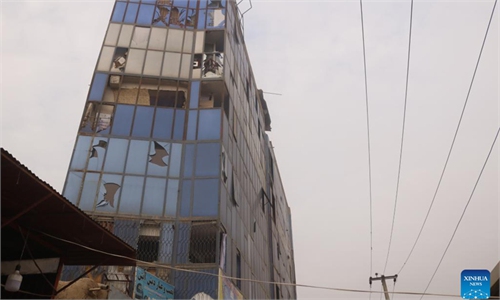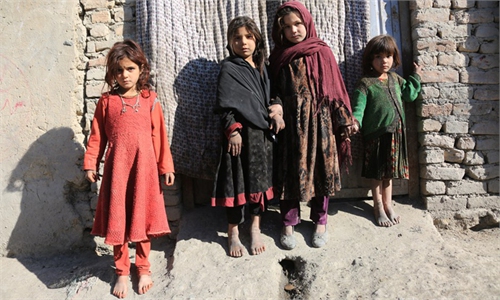
An international conference on Afghanistan with Taliban representatives is held in Moscow on October 20, 2021. The meeting will be beneficial for the development of the region. Photo: AFP
UN Undersecretary-General for Humanitarian Affairs and Emergency Relief Coordinator Martin Griffiths said Tuesday that humanitarian aid must be complemented with development initiatives for Afghanistan.
“There has been a paucity of progress on restarting urgently needed development initiatives, without which the humanitarian situation is likely to further deteriorate, resulting in more people requiring emergency assistance,” he told the Security Council in a briefing.
“Saving lives cannot be the sole responsibility of the humanitarian community, and I say this as a life-long humanitarian. Development partners also save lives. Humanitarian programming cannot and should not be seen as the only acceptable channel through which the extraordinary suffering of Afghans is addressed,” he said, adding that the lack of funding is another challenge for humanitarian work in Afghanistan.
“We face a daunting financial challenge as we enter 2023. We need 4.6 billion US dollars to adequately address the country’s humanitarian needs. Despite the many pressing global demands, we cannot underestimate the consequences of decreasing funding to operations in Afghanistan,” he warned.
Ninety-seven percent of Afghans live in poverty. Two-thirds of the population need humanitarian assistance to survive. Twenty million people face acute hunger. Half of the people urgently need access to clean water and sanitation. And 1.1 million teenage girls remain banned from school. Nearly 7 million Afghan nationals remain in neighboring countries and more than 3.4 million conflict-induced internally displaced people are still to find solutions, he said.
And if lingering conflict, entrenched poverty, economic downfall, and political instability were not enough, Afghanistan must also contend with a worsening climate crisis. A third consecutive drought is looming, bringing with it threats of more displacement, more disease, more deaths. Winter is already in full swing, causing temperatures to plummet. This week temperatures will dip to minus 10 degrees Celsius in remote areas of Ghor Province, which earlier in 2022 registered pre-famine conditions, he said in a statement.
While UN humanitarians maintain constructive engagement with the Taliban, the de facto authorities in Afghanistan, they face routine interference and restrictions, said Griffiths.
Xinhua



